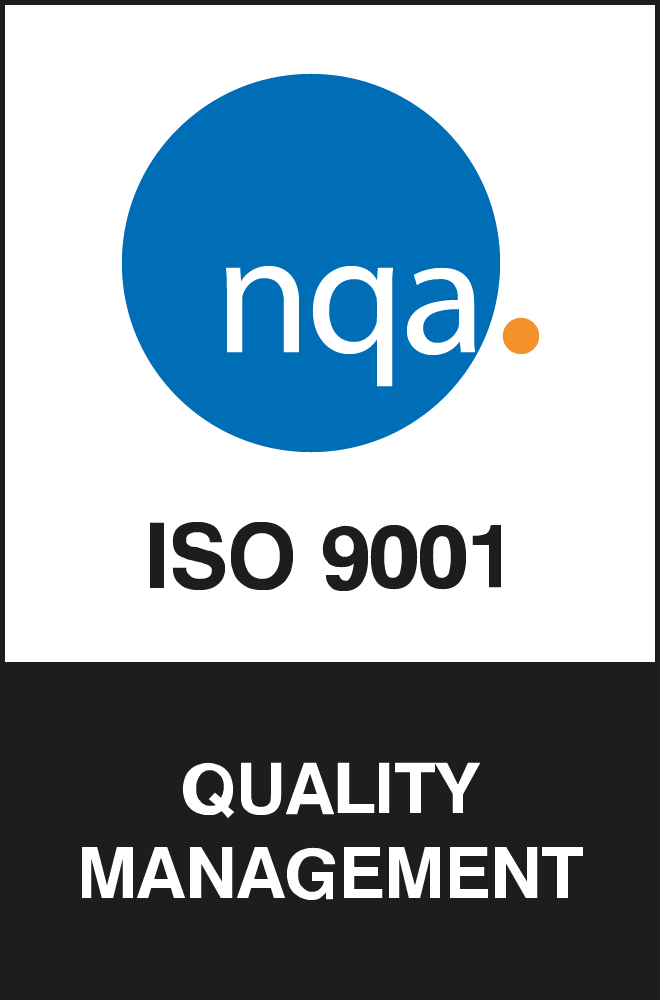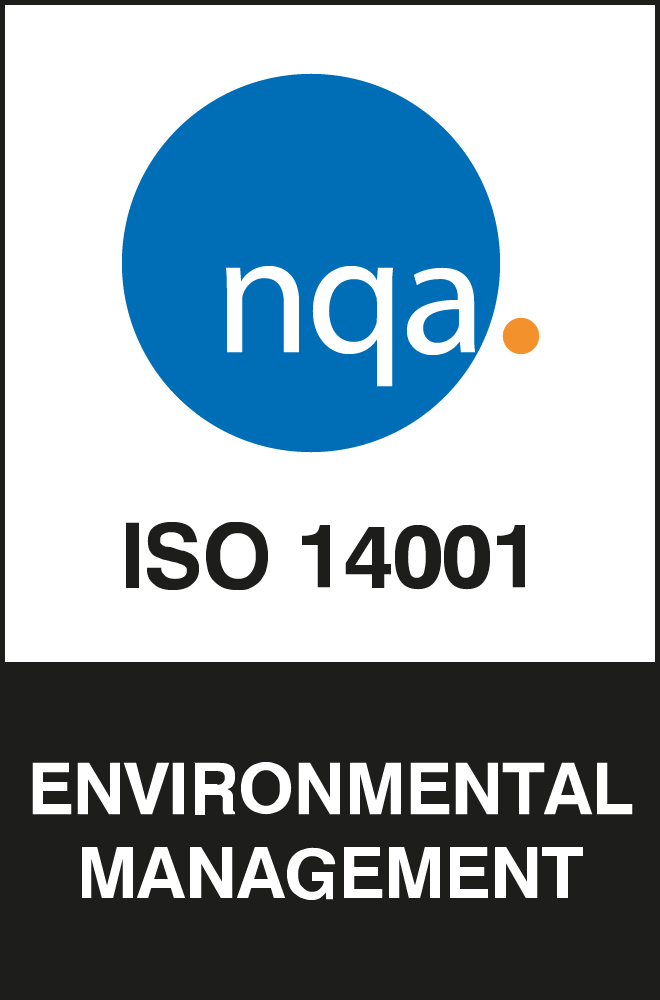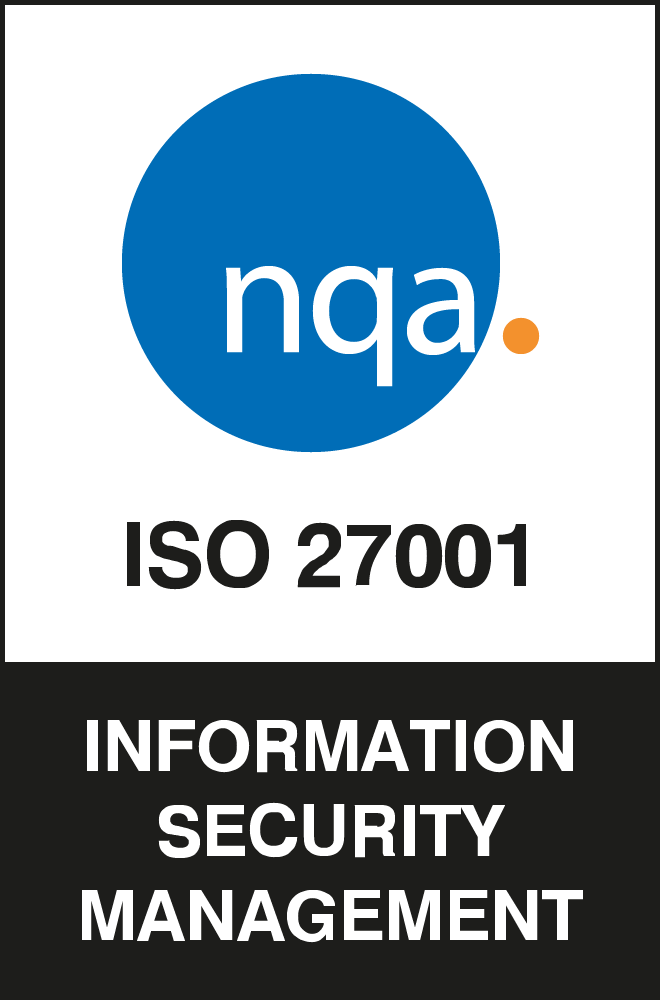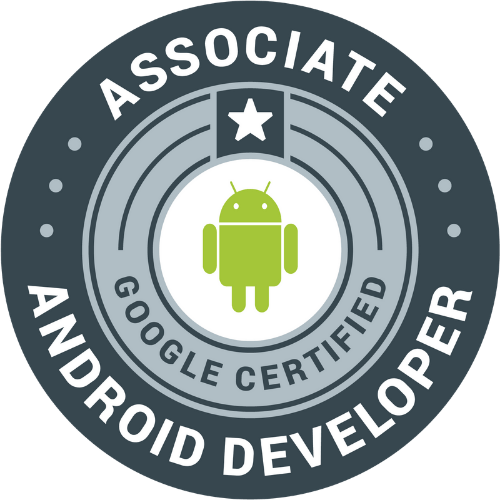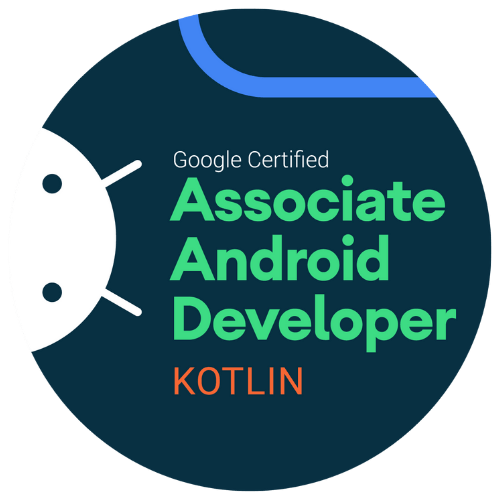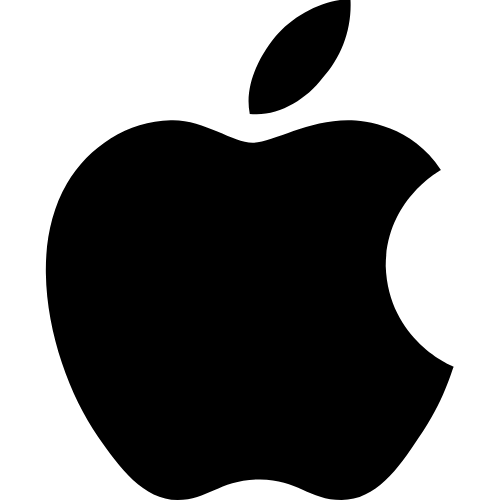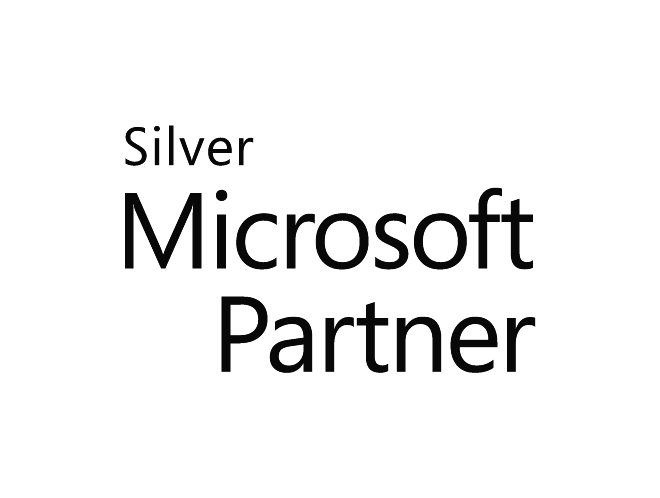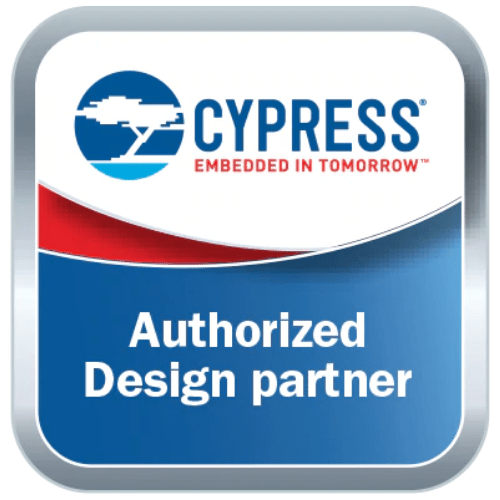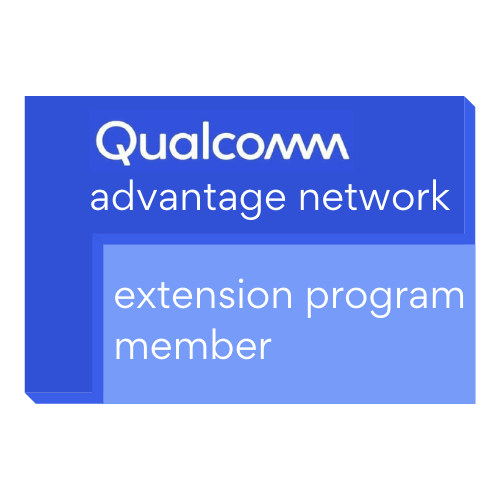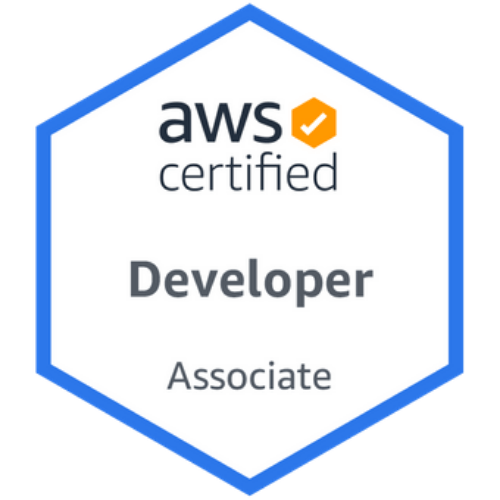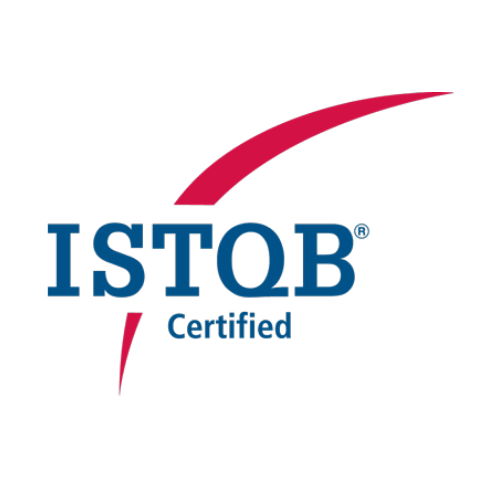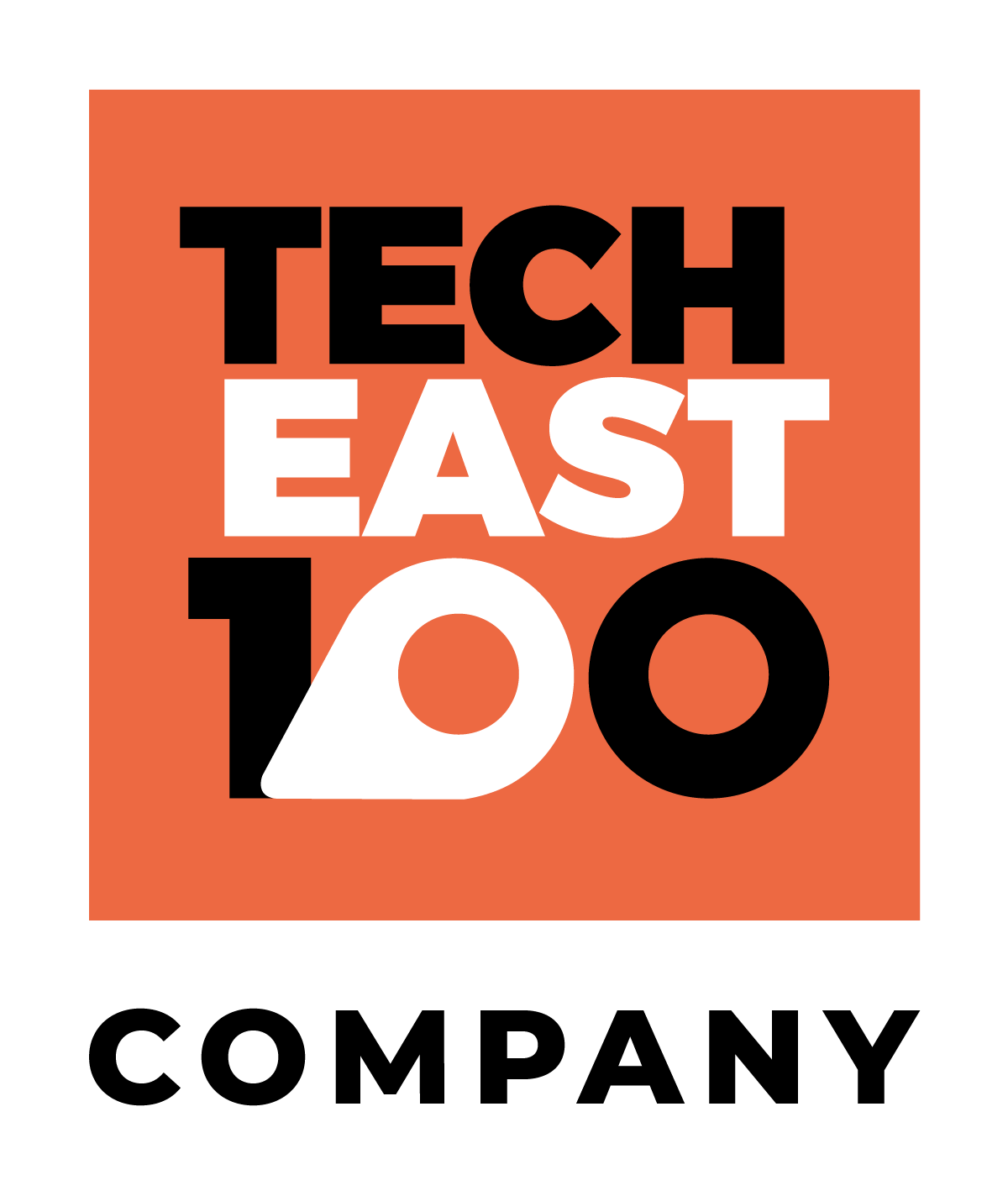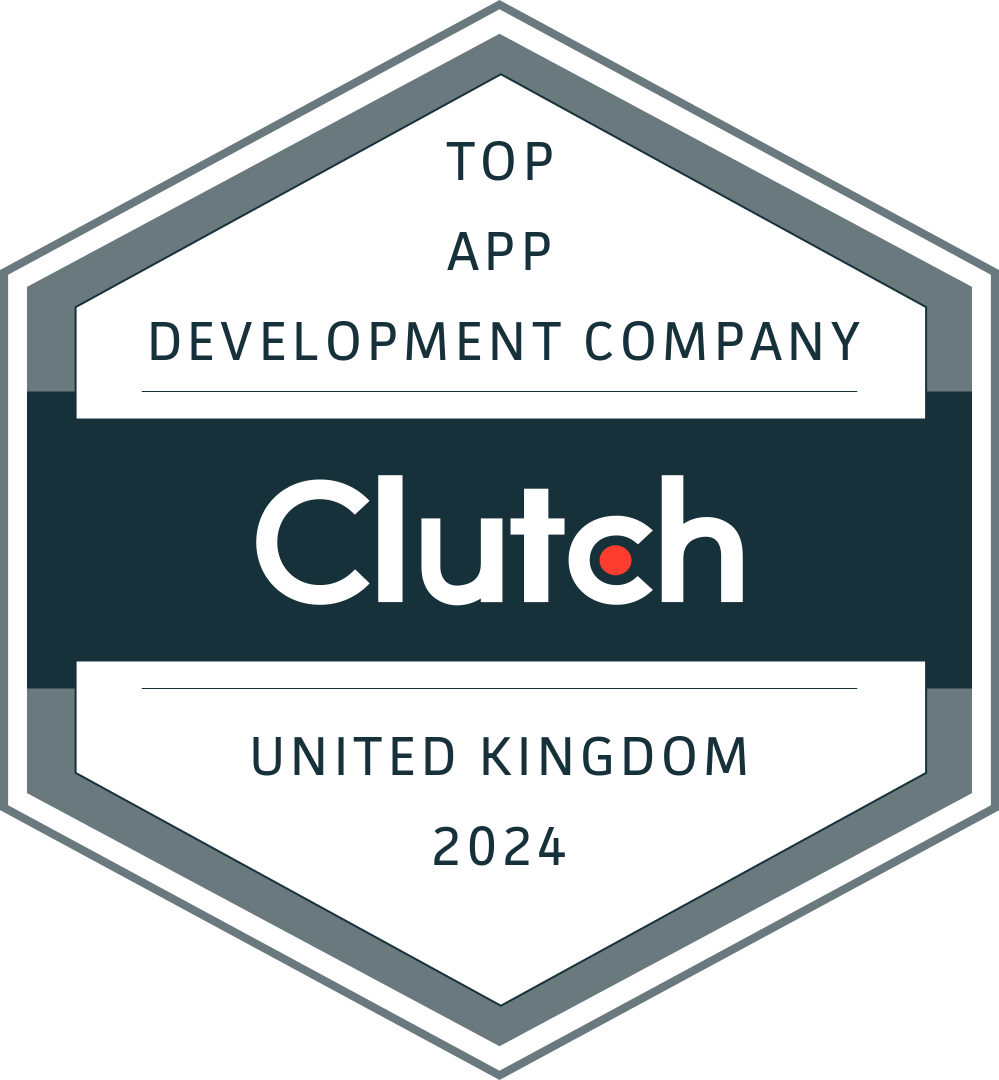With the global pandemic still in full swing, the usual series of Droidcon events, which would have taken place across the globe have shifted online and have been combined.
This past week was droidcon EMEA ( Europe, the Middle East and Africa), boasting an increased number of talks compared to the local events from previous years.
The conference was still an opportunity for developers to discuss the latest trends and find out about the latest tools, frameworks and technologies.
Read our detailed summary for some of our key takeaways and summaries.
Key Takeaways
Google has become increasingly more opinionated over the last few years about how Android apps should be written. In the past, Google preferred to give developers a range of choices and leave the community to decide what approach to take – however, more recently, they have shifted and are expressing their views more strongly on Jetpack and architecture components.
Android Shift
Android development continues to shift away from platform APIs towards Jetpack libraries, which can enjoy more regular and reliable releases. This means you can give bug fixes and new features to users without the need for operating system updates.
Video Networking
The conference included a series of video networking sessions to allow attendees the opportunity to meet other developers. This is likely going to be the norm moving forward.
Summary of the Talks
- “Code Generation for the Masses” was a great summary of the different types and the differences compared to annotation processing. I’ll certainly be looking out for the next opportunity to make use of it.
- The talk “Code Review, A Software Engineer’s Best Friend” could not have had a more true title. Code review is about working with the rest of your team to build a process of refinement and improvement for the applications you ship. In a profession, with constant time pressures, every line of code you write could make it into production. Even the Apollo 11 landing contained code that the developer thought would be temporary.
- Hilt continues to look like a promising alternative to Dagger, simplifying the setup process. Its decision to use a monolithic component is a controversial choice for some. It will be interesting to see how well Hilt is adopted once we begin to see beta releases.
- Several talks showcased Kotlin Multi-Platform being used in production environments. As it matures, is it becoming an increasingly attractive option, although it has a long way to go yet.
- Jetpack compose appears to be growing in popularity and is one to watch – with talks covering getting started and testing.
Summary of the Q&A Panel
- SingleLiveEvent will never be part of Jetpack. Despite its popularity among developers, Google considers it to be “not simple enough”. LiveData was never intended for UI events, SingleLiveEvent requires a good understanding of how the LiveData is being used and which single component will listen for events.
- The Gradle team are still working hard on Kotlin DSL but aren’t recommending developers make the switch just yet due to performance and compatibility concerns.
- Chet Haase, touched on being sad to see the Android dessert names for each OS version come to an end. Citing the confusion between version names, number and API levels being part of the motivation.
Do you have any events you would like us to attend?
Get in touch with our team today to discuss any events you would like us to attend.




